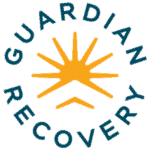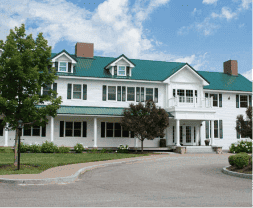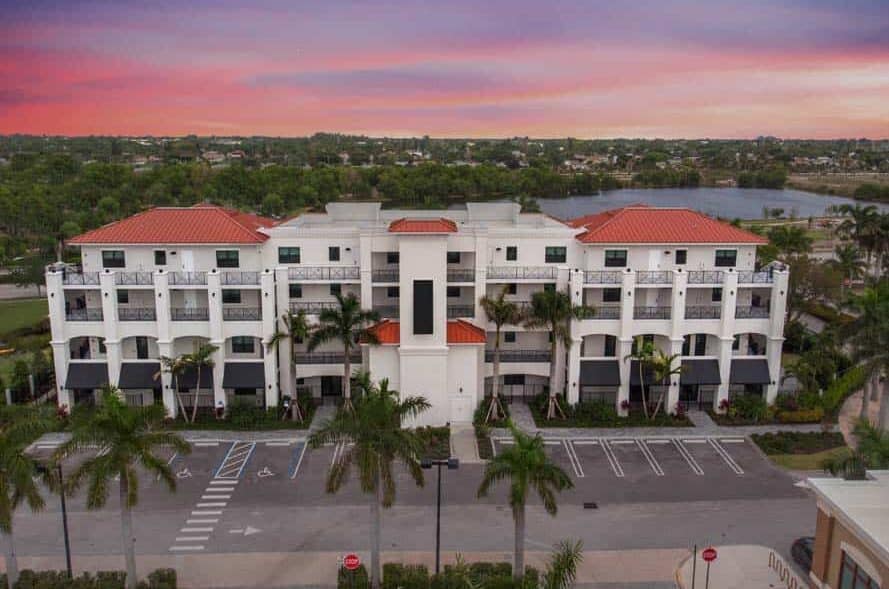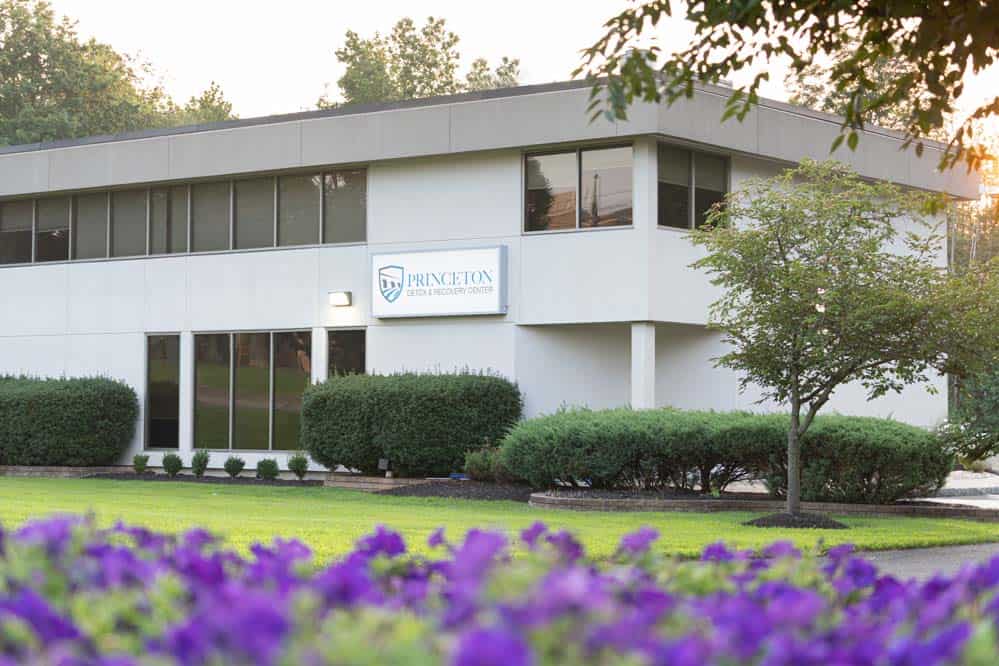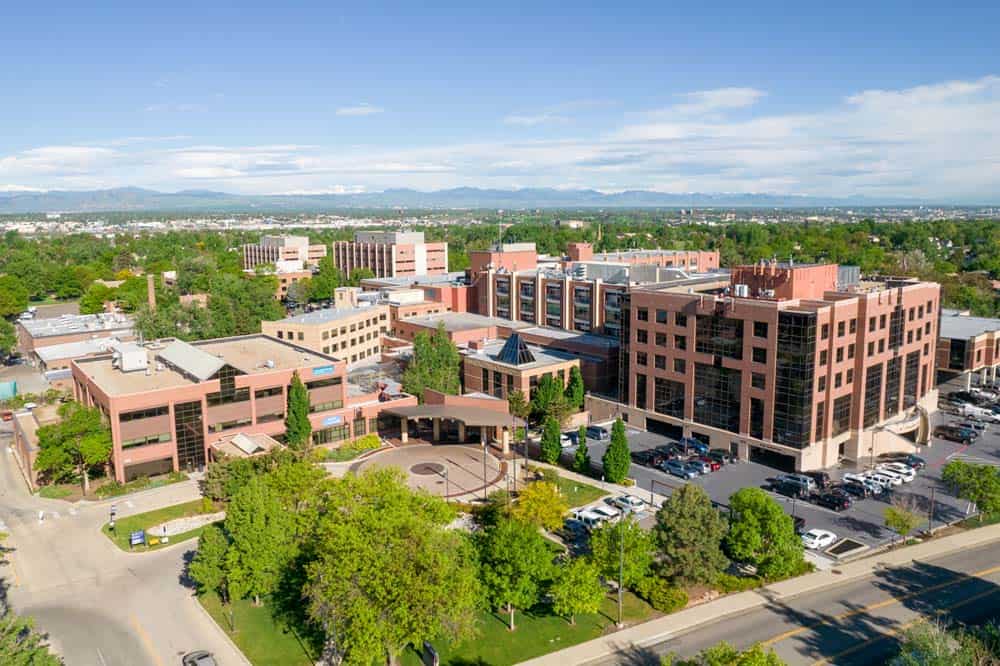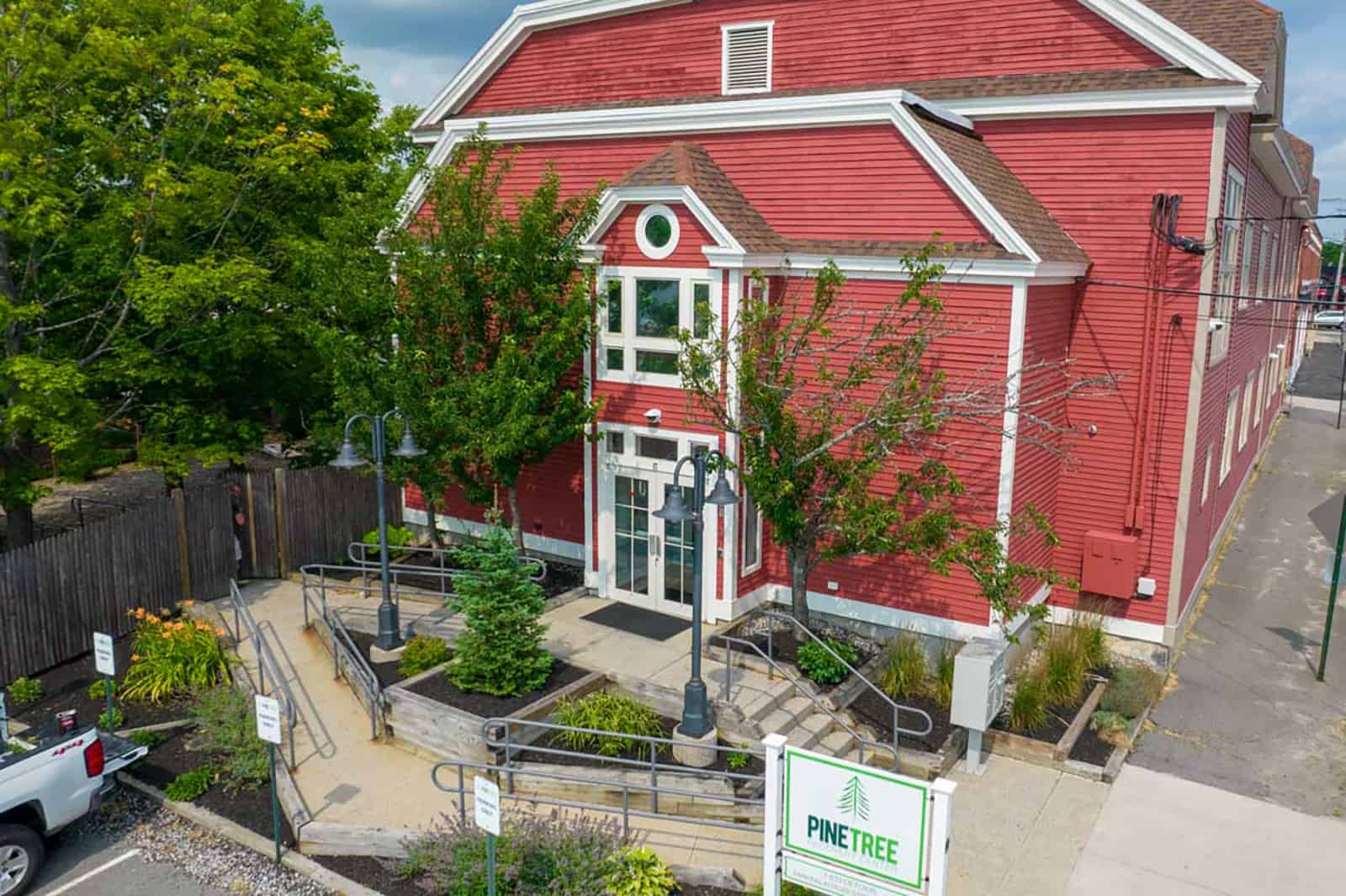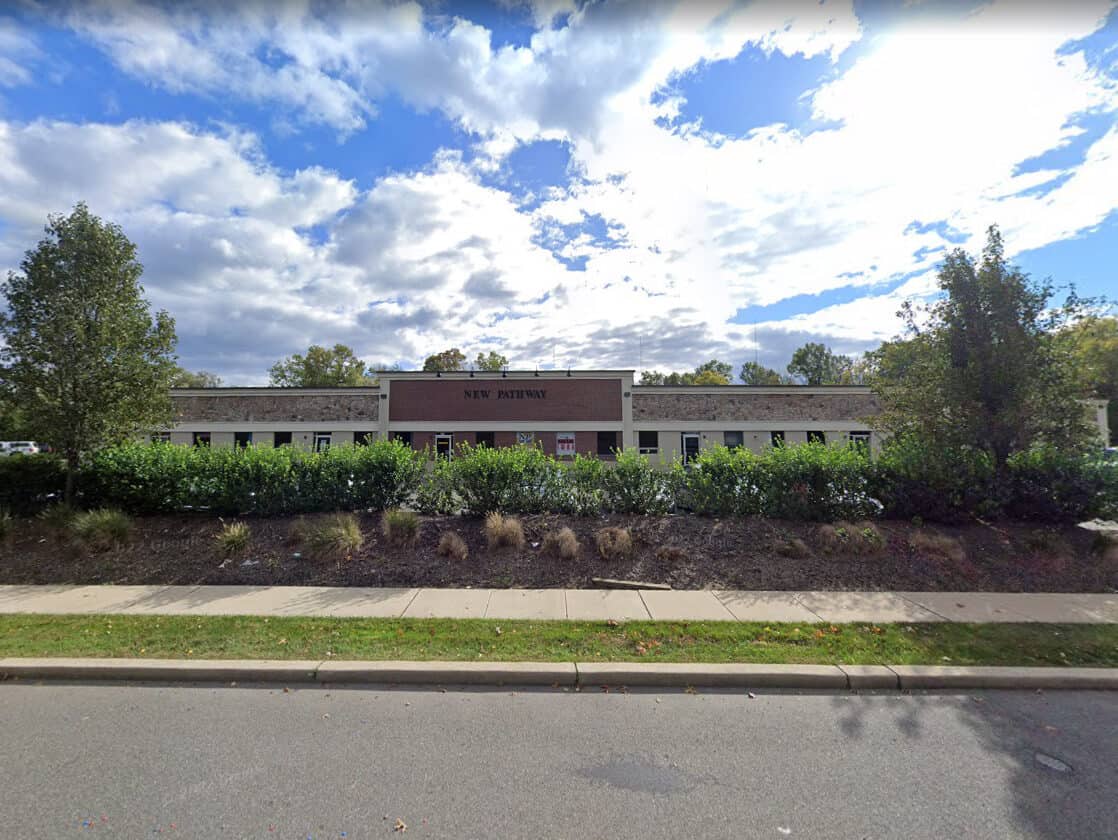Comprehensive Recovery
Addiction Therapy Methods
The Guardian Recovery is a family of reputable treatment centers, each featuring a unique program of addiction recovery that was carefully designed by an experienced team of industry professionals. Addiction is an extremely complex disease, and in order to be effectively treated it must be thoroughly addressed on many different levels. Addiction affects much more than the physical body; it ravages the mind and completely destroys emotional well-being. Because of this, it is absolutely crucial that a variety of therapeutic tools and methods are employed during every stage of the treatment process. All of the therapeutic methods we utilize have been heavily researched and proven effective for the treatment of substance abuse and dependence, including cognitive behavioral therapy, dialectical behavior therapy, individual therapy, nutrition therapy, yoga, meditation and life skills training, among others.
Recovery Starts
Here
Choose recovery and take control of your life, it’s the path to a brighter future filled with health, happiness, and fulfillment.
Family, Group & Individual Therapy
Every level of clinical care we offer includes family therapy, group therapy and individual therapy. Therapeutic intervention is absolutely crucial to long-term addiction recovery. In most stages of care, individual therapy takes place at least once a week and group therapy takes place on a daily basis. Group therapy sessions focus on a range of pertinent topics and allow clients the opportunity to relate to and support one another in a safe and structured setting. Because we believe in the importance of family involvement, we also offer family therapy sessions during some stages of the recovery process, all facilitated by one of our highly experienced family therapists. The loved ones of our clients are able to be as involved in the therapeutic process as they would like to be.
Cognitive Behavioral Therapy (CBT)
CBT is based on three core principles:
- Substance abuse disorders and other psychological problems are at least partially based on flawed or unhealthy patterns of thinking.
- Substance abuse disorders and other psychological problems are also partially based on unhealthy and self-destructive behavioral patterns.
- People who are struggling with addiction and mental health concerns have the ability to change the way they think, therefore changing the way they behave. When people learn better ways of coping, they become more productive overall.
Dialectical Behavior Therapy
Dialectical Behavioral Therapy, more commonly referred to as DBT, is a type of CBT that focuses more on teaching clients how to live in the present moment. Other goals of DBT include bolstering healthy relationships with other people, developing healthy coping mechanisms (specifically when it comes to stress) and emotional regulation. This evidence-based approach to psychotherapy is also utilized in an individual and group setting. At Guardian Recovery we use DBT as part of a comprehensive therapeutic approach, combining DBT with CBT and a range of other techniques.
Eye Movement Desensitization & Reprocessing (EMDR)
Eye Movement Desensitization and Reprocessing, more commonly referred to as EMDR, is an effective method for treating trauma. Many addicts and alcoholics have past trauma that negatively affects their ability to stay sober. To maintain recovery, healing trauma is essential. EMDR is a form of therapy that utilizes flashing lights or vibrating handholds to help stimulate the connection between the two hemispheres of the brain which process emotions and facts. At Guardian Recovery we have staff members who are trained in EMDR at many of our facilities — especially those that focus on trauma-informed care.
Life Skills Training
Active addiction strips people of their ability to function at a basic human level. Life skills completely fall by the wayside, and individuals struggling with addiction can oftentimes no longer keep up with finances, properly feed themselves or hold down a job for any significant period of time. Life Skills Training is a fundamental part of many of Guardian’s treatment programs. This therapeutic method focuses on helping clients regain the skills they have lost and develop new skills that will help them to manage life sober. At Guardian Recovery we focus on a variety of life skills including vocational training, educational placement, budgeting and financial independence, healthy communication and conflict resolution. By the time a client graduates from one of our recovery programs, he or she is better equipped with the skills necessary to reintegrate into the world-at-large as a successful, productive member of society.
Complimentary Insurance Check
Find Out Today!
"*" indicates required fields
Yoga Therapy
Yoga is a powerful tool when it comes to addiction recovery. In yoga therapy (which is facilitated by a licensed yoga therapist and either held on-site or off-site in a private studio), clients learn the importance of the mind-body connection. They learn how to self-soothe and quiet the mind through a variety of breathing techniques. They learn non-invasive and effective methods of pain management.
Experiential Therapy
Experiential therapy is an extremely valuable therapeutic tool. This method of therapy utilizes expressive activities in order to break through emotional barriers that traditional talk therapy might not adequately address. Examples of experiential techniques include psychodrama and role-playing, music therapy, arts and crafts and recreational therapy (which typically takes place outdoors). Experiential therapy sessions are led by a licensed therapist, and clients are able to explore negative feelings and past traumatic experiences that they might have subconsciously blocked.
Acupuncture Therapy
At some Guardian facilities we utilize acupuncture therapy as part of our holistic approach to addiction recovery. Licensed acupuncturists focus on pressure points that are directly tied to addiction. Countless studies have been conducted on the efficacy of acupuncture therapy when it comes to alleviating symptoms associated with substance abuse and dependence. One particular article published by the National Centers for Biotechnology Information reads, “Prominent effects of acupuncture are increases in the levels of enkephalin, epinephrine, endorphin, serotonin, norepinephrine, and dopamine in the central nervous system and plasma that might mediate substance abuse. Acupuncture has been used to treat addiction for three decades. For example, auricular acupuncture is effective in treating alcohol and drug abuse in both Europe and the United States.” Guardian often brings licensed acupuncturists on site to facilitate the practice.
Our Locations
Our Facilities & Teams Transform Lives
Changing lives by providing comprehensive support and rehabilitation, empowering individuals to overcome addiction and regain control of their health and well-being.
Nutrition Therapy
Many of our clients come to us malnourished, having been rendered incapable of keeping up with adequate nutrition while active in their addictions. As part of our Nutrition Therapy program we teach our clients how to select nutrient-dense foods that will facilitate physical and mental healing, how to prepare healthy meals and snacks for themselves and why making healthy choices is so important to recovery.
The Importance of an Integrated Approach
Taking an integrated approach to addiction recovery is extremely important. In order for long-term sobriety to be achieved, a person must heal on a completely comprehensive basis, meaning that the psychological, physical, emotional and spiritual implications of addiction are all thoroughly addressed. At Guardian we believe in combining numerous evidence-based therapeutic methods with holistic healing. To learn more about our integrated, therapeutic programs, contact us today.
Get Started Now
Give us a call 24/7
